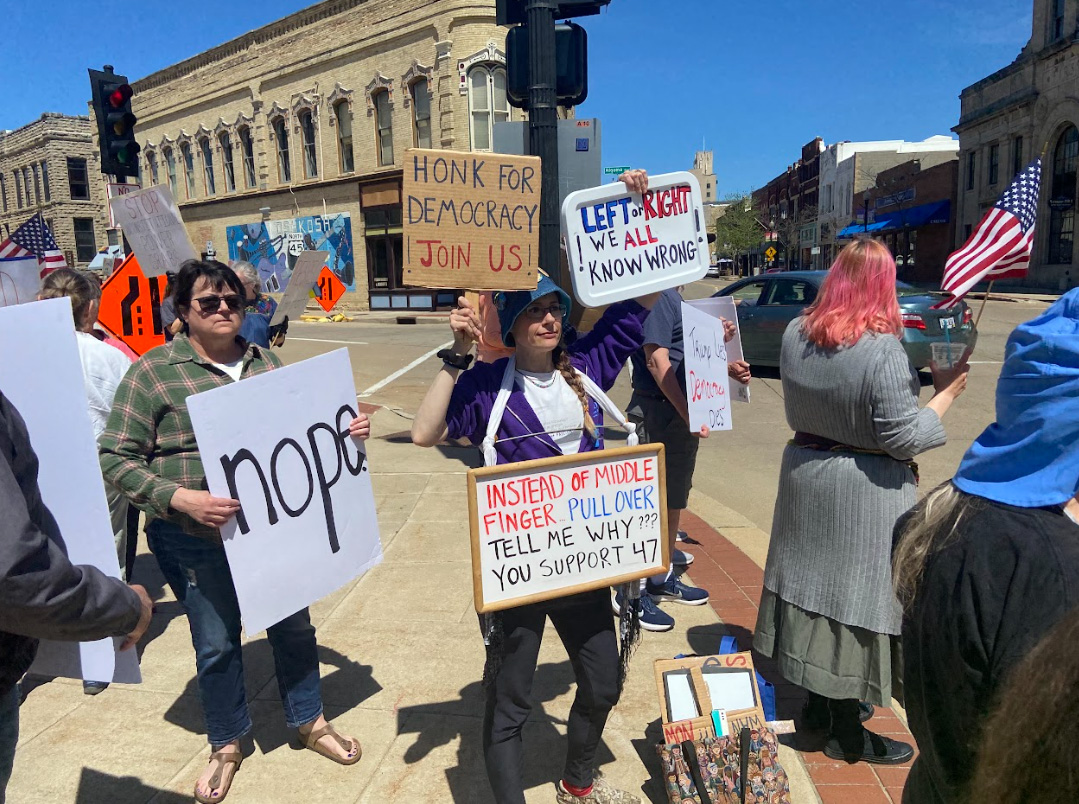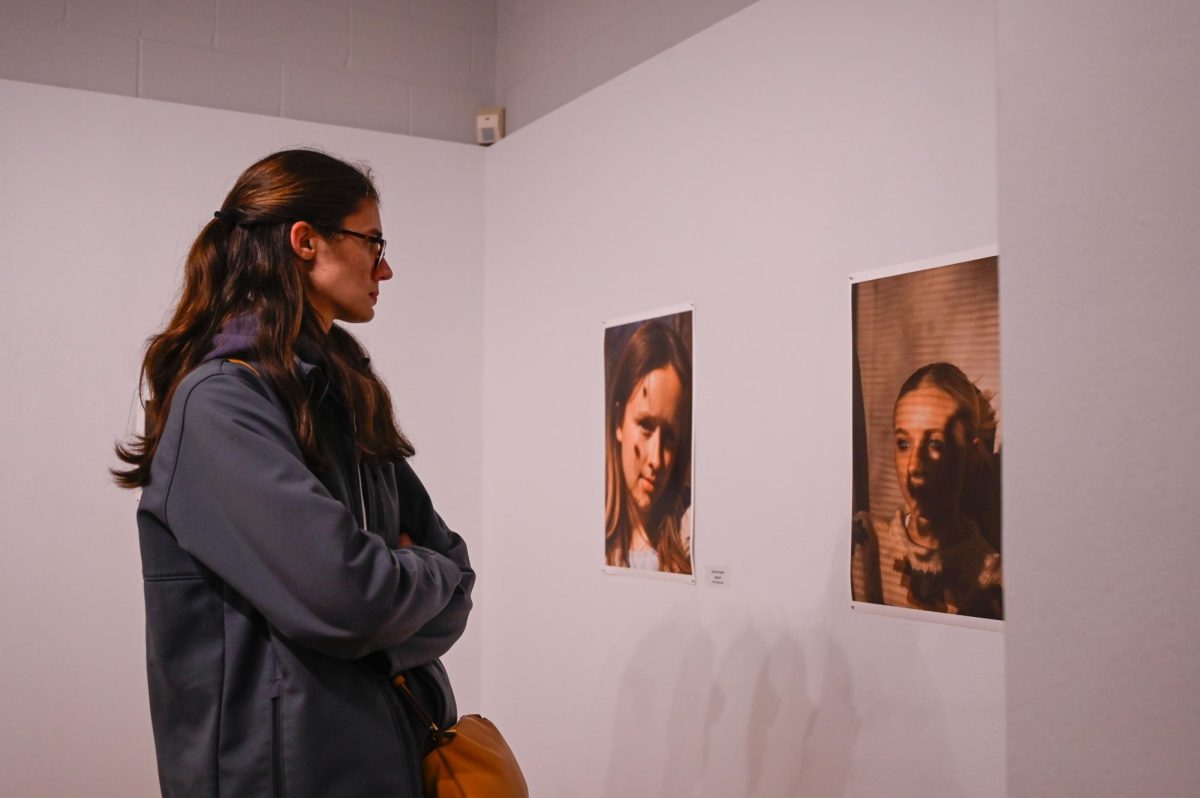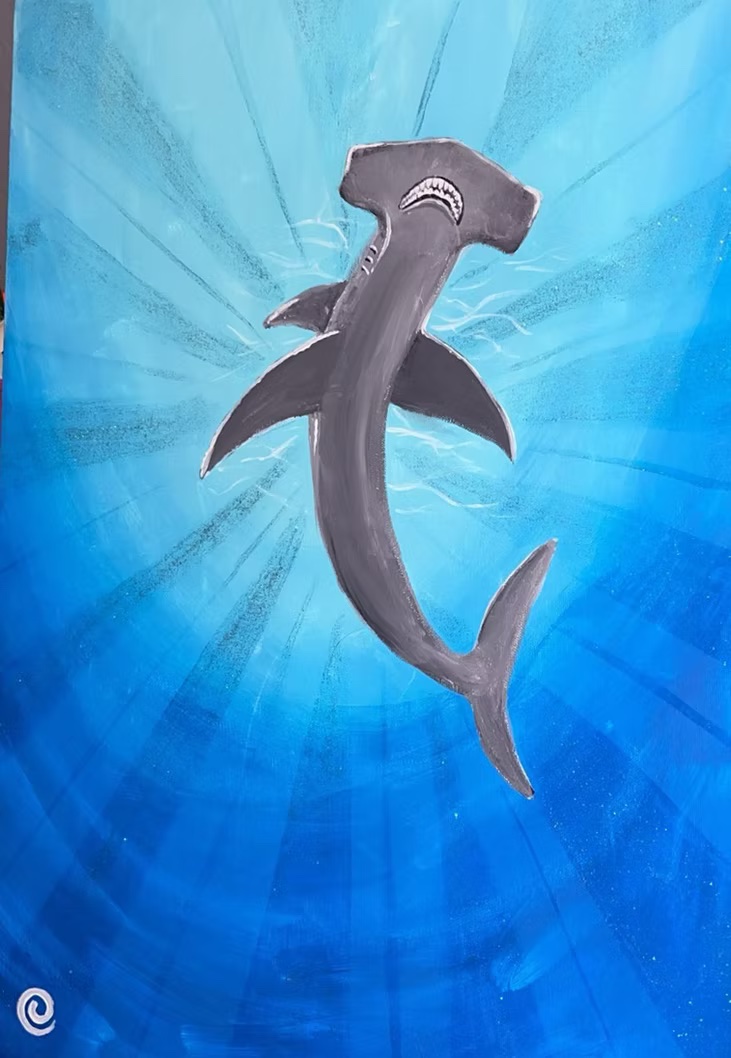[media-credit id=56 align=”alignleft” width=”300″] [/media-credit]
[/media-credit]
Gyasi Ross, a prominent lawyer, author and activist, spoke about the importance of learning our national history and how the power of meaningful conversations can promote change on Tuesday night in the Reeve Memorial Union ballroom. Ross, a member of both the Blackfeet Indian Nation and the Suquamish Nation, explained some of the issues Native Americans and other minority groups have to deal with. Ross also suggested the attendees take a more in-depth look at history and offered ideas on how they could go about creating change. “You can always do something about it, whatever it is, if you’re willing to know the history,” Ross said. “In knowing the history, conversations can occur, and a significant change may begin.” Ross said there are many steps to facilitate that change, including the acknowledgement and admittance that something is wrong, affirmatively apologizing and trying to undo some of the bad energy one puts out into the world. In forming a simpler understanding of these steps, Ross draws a comparison to the movie “Groundhog Day” and the character, Phil. Phil gets caught reliving Groundhog Day over and over again and cannot continue his life until he changes his actions. He eventually succeeds in doing so. “If I want the same outcomes, I do the same things,” Ross said. “If I want to change something, I’ve got to do something different.” Ross said if we as a society do not acknowledge the problems in society now, they will eventually be on our doorstep, and we will be forced to deal with them. “Do we seek answers now, or do we wait?” Ross asked. Ross explains how technology and social media can both benefit and deter consciousness of important national and worldly issues. “Phones and technology are not the problem; it’s the usage of that technology,” Ross said. “We can use it to start a revolution, or we can use it to take a selfie.” Sophomore Lexi Brosius said she went because it was well-advertised around the Oshkosh campus and thought it would be interesting. “I want to gain a better understanding of the culture,” Brosius said. “I know of some of the troubles in the Native American community, so [when Ross expanded] on that, I [was] really interested.” Ross said he was inspired to express these stories because of a family tradition. “I come from a family of storytellers,” Ross said. “My family tells long stories, drinking coffee and blowing smoke in your face. It just fit for me to tell stories, and then I started writing them.” Although his face can be seen across a vast amount of media today, Ross said he began his career in literature. His first piece was a book that contained a collection of short stories highlighting important social issues. He continued writing and soon published a second book. His books stories include “Don’t Know Much about Indians” in 2011 and “How to Say I Love You in Indian” in 2014. Ross closed the presentation by relaying that while larger steps are indeed important in learning to accept history, the small steps are also important and all of it helps in creating a meaningful change.








